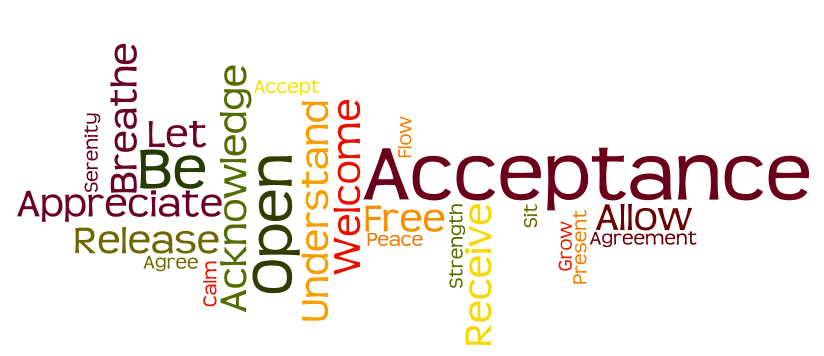275 Stress & Distraction
Based on research by Wolgast, Martin., Lundh, Lars-Gunnar., 2017 written by Bethany Wellman, M.S.
When you are stressed, do you distract yourself to help you calm down? Do you attempt to ignore stress or cope with it? There is a big difference.
Swedish researchers examined over 600 participants from the community and 172 in mental health treatment to examine how the strategy of distraction can be helpful or harmful to a person, depending on the reasoning for distraction. Participants rated their ability to control emotions and overall well-being. Researchers asked whether distraction was used to accept or avoid difficulties.
Does accepting life events, whether positive or negative, help us handle stressors better? Results indicated that participants who accepted the stressors they distracted themselves from, had higher ratings of overall wellbeing than participants who used avoidance as their reasoning for distraction. Furthermore, those with mental health problems utilize more avoidance in their approach compared to the community sample.
Remember: acceptance is key! If you are going to distract yourself from stressors then make sure you have accepted how these stressors impact your life versus ignoring them and hoping they will go away. Accept the things you cannot change and use distraction to let go of the past to go forward in the right direction.
Reference:
Wolgast, M., & Lundh, L. Is Distraction an Adaptive or Maladaptive Strategy for Emotion Regulation? A Person-Oriented Approach. Journal of Psychopathology Behavior Assessment, 39, 117-127.





